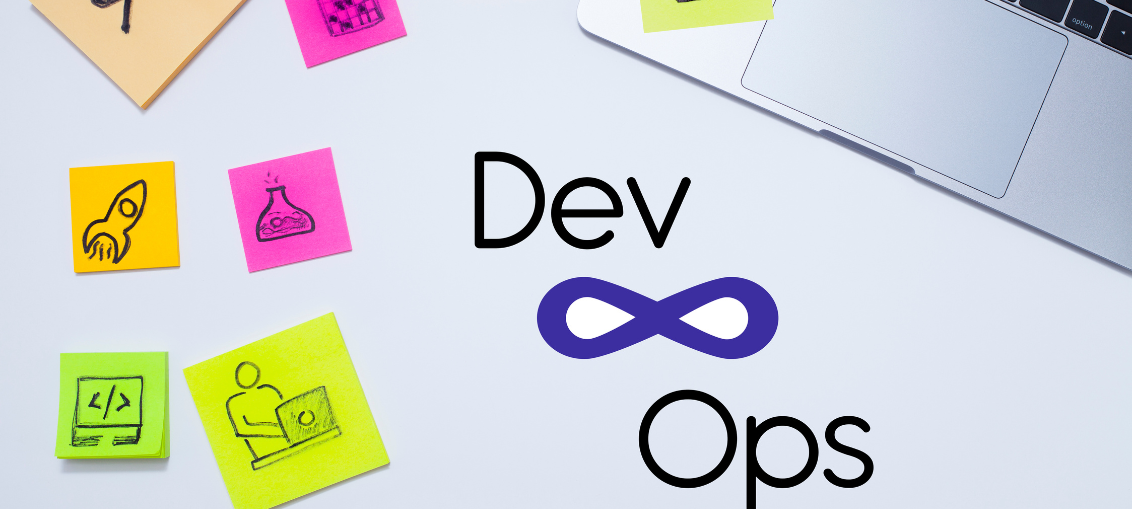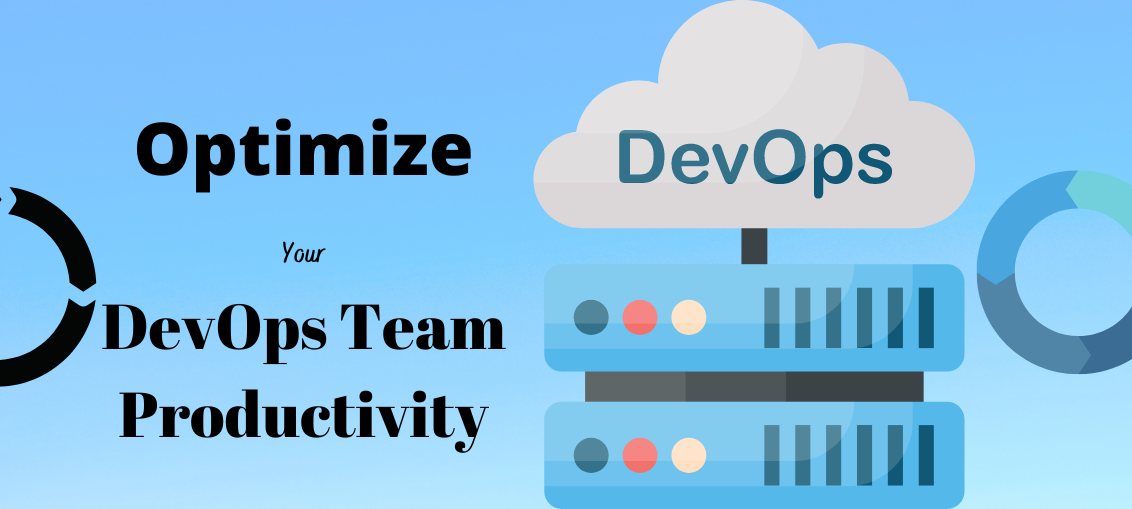This post will show you 6 ways to optimize your DevOps team productivity.
Every DevOps team benefits significantly from the optimization that maximizes the performance of the individual members of the group.
There are many different ways to achieve excellent performance through optimization. Below are six great methods you can begin implementing immediately.
READ ALSO: A Beginner’s Guide to System Optimization
Table of Contents
6 Ways To Optimize Your DevOps Team Productivity
1. Compile The Right Group For The Job
Like any group of individuals working together, a DevOps team requires chemistry to function at the highest level of productivity possible. Suppose members of the team have drastically different ways of doing things.
In that case, they will clash in their work, causing delays in how long it takes them to finish development and decreasing the quality of the end product.

When looking for employees to join the team, set aside some specific qualities to help you better identify the right talent, doing this will significantly increase your chances of landing candidates with the most relevant skills for the job.
2. Automate when you can
While you never want to over-automate a process as delicate as software development, you want to find ways to implement automation when possible.
Not only can you remove some of the more menial tasks by doing this, but you can also give your DevOps teams more time to focus on the parts of development that aren’t automatable, like implementing cluster management with hosted Kubernetes.
3. Keep up with the technology of the times
In the ever-changing software development landscape, It’s essential not to fall behind in the technology department. You want your DevOps team’s best DevOps tools on hand because it allows them to utilize their skills best.
Old technology is sometimes far more limiting than you may realize, so it’s crucial to know the best available tools at any given time.
Your DevOps team members will also thank you for it, as all developers enjoy working with the most up-to-date technology.
4. Develop a good feedback loop
While the quality of a project depends on the DevOps team members, there must also be a healthy amount of involvement from whoever supervises the team. A feedback loop between the developers and a supervisor is a fantastic way to optimize your DevOps team’s productivity because it will keep the team on track with their work.
Remember that there are many different project areas to keep track of, so problems will slip through the cracks. When this happens, a feedback loop can catch said problems and address them before the project is complete.
READ ALSO: Top 6 Benefits Of Using Productivity Software Tools In Your Business
5. Emphasize revision and review
Polishing a project after initial completion will ensure that it meets a high standard in terms of quality. To get the most out of your DevOps team’s talents, emphasize plenty of reviewing and revising.
While the team may not uncover any significant issues with the project they’re working on, there’s always potential room for improvement.
6. Don’t crunch
Deadlines exist to ensure the project finishes on time. However, there are situations where things don’t go as planned, and something delays the original time of a project’s completion.
Sometimes, your DevOps team can work overtime to complete the project on time still, but you should only take this approach after consulting the team members to see if they are okay with it.
Otherwise, you risk burning them out and getting an end product that’s lower quality than what it could be.
READ ALSO: Website Speed Optimization Tips for Windows Hosting
Ways To Optimize Your DevOps Team Productivity: FAQs
DevOps teams strive for efficiency and speed in delivering applications. Here are some answers to frequently asked questions on optimizing DevOps team productivity:
What are the core principles of a DevOps approach?
- Collaboration: Breaking down silos between development and operations teams to work together throughout the software development lifecycle.
- Automation: Automating repetitive tasks like testing, deployment, and infrastructure provisioning to free up time for innovation.
- Continuous Integration and Delivery (CI/CD): Frequent code integration and automated testing to ensure rapid and reliable deployments.
How can communication be improved within a DevOps team?
- Shared Tools and Platforms: Use communication platforms like Slack or collaboration tools to keep everyone informed.
- Regular Meetings: Schedule daily stand-up meetings or code reviews to discuss progress and identify roadblocks.
- Open Communication Culture: Encourage open communication and feedback loops to address issues and share knowledge.
What are some key DevOps metrics to track?
- Deployment Frequency: How often are new features or bug fixes deployed?
- Lead Time for Changes: How long does it take to go from code commit to deployment?
- Change Failure Rate: How often do deployments fail?
- Mean Time to Restore (MTTR): How long does it take to recover from a deployment failure?
How can automation improve DevOps team productivity?
- Automated Testing: Automate unit tests, integration tests, and performance tests to catch bugs early and improve code quality.
- Infrastructure as Code (IaC): Manage infrastructure configuration as code, allowing for automated provisioning and deployment of infrastructure environments.
- Configuration Management: Automate the configuration of servers and applications to ensure consistency and reduce manual errors.
What do DevOps teams commonly use some tools?
- Version Control Systems (VCS): Git, Subversion (SVN) for managing code changes.
- CI/CD Pipelines: Jenkins, GitLab CI/CD, Azure DevOps Pipelines for automating builds, tests, and deployments.
- Configuration Management Tools: Ansible, Chef, Puppet for automating server configuration.
- Containerization Tools: Docker and Kubernetes for creating portable and isolated application environments.
How can I measure the impact of DevOps initiatives?
Track the DevOps metrics mentioned earlier (deployment frequency, lead time, etc.) before and after implementing changes. This will help quantify the improvements in efficiency and delivery speed.
How can I foster a culture of continuous learning in a DevOps team?
- Encourage participation in conferences and workshops.
- Provide resources for learning new tools and technologies.
- Organize internal knowledge-sharing sessions.
How can I handle security concerns in a DevOps environment?
- Integrate security testing throughout the CI/CD pipeline.
- Implement secure coding practices and vulnerability scanning.
- Use infrastructure as code to enforce security policies in configurations.
What are some challenges DevOps teams face?
- Breaking down silos between development and operations.
- Keeping up with the rapid pace of change in technologies and tools.
- Ensuring security without compromising speed and agility.
How can I build a successful DevOps team?
- Focus on hiring individuals with both development and operations skills or a willingness to learn.
- Create a culture of collaboration and shared ownership.
- Invest in training and continuous learning.
In short
By implementing these practices and addressing common challenges, you can optimize your DevOps team’s productivity and achieve faster software delivery with high quality.
In addition to the methods brought up here, there are many more ways to optimize your DevOps team’s productivity.
Because each team has a different set of individuals, try out several optimization methods and see which ones yield the best results.
RECOMMENDED POSTS
- Macropay Scam Alert: Fake E-Commerce Sites
- Why Is A CompTIA Certificate Important?
- What is Magento? Everything You Need To Know
- How A PDF Can Contain Malware
- Ways Manufacturers Can Benefit from Going Online
- Proxy Optimization: 4 Things You Didn’t Know A Proxy Could Do
- Identity And Access Management Takes Up A Month Every IT Year
- How To Optimize Shopify Performance And Reduce Bounce Rates
- Controlling Data Breach And The Use Of DRM For Document Security
About the Author:
John Raymond is a cybersecurity content writer, with over 5 years of experience in the technology industry. He is passionate about staying up-to-date with the latest trends and developments in the field of cybersecurity, and is an avid researcher and writer. He has written numerous articles on topics of cybersecurity, privacy, and digital security, and is committed to providing valuable and helpful information to the public.
Meet Angela Daniel, an esteemed cybersecurity expert and the Associate Editor at SecureBlitz. With a profound understanding of the digital security landscape, Angela is dedicated to sharing her wealth of knowledge with readers. Her insightful articles delve into the intricacies of cybersecurity, offering a beacon of understanding in the ever-evolving realm of online safety.
Angela's expertise is grounded in a passion for staying at the forefront of emerging threats and protective measures. Her commitment to empowering individuals and organizations with the tools and insights to safeguard their digital presence is unwavering.







